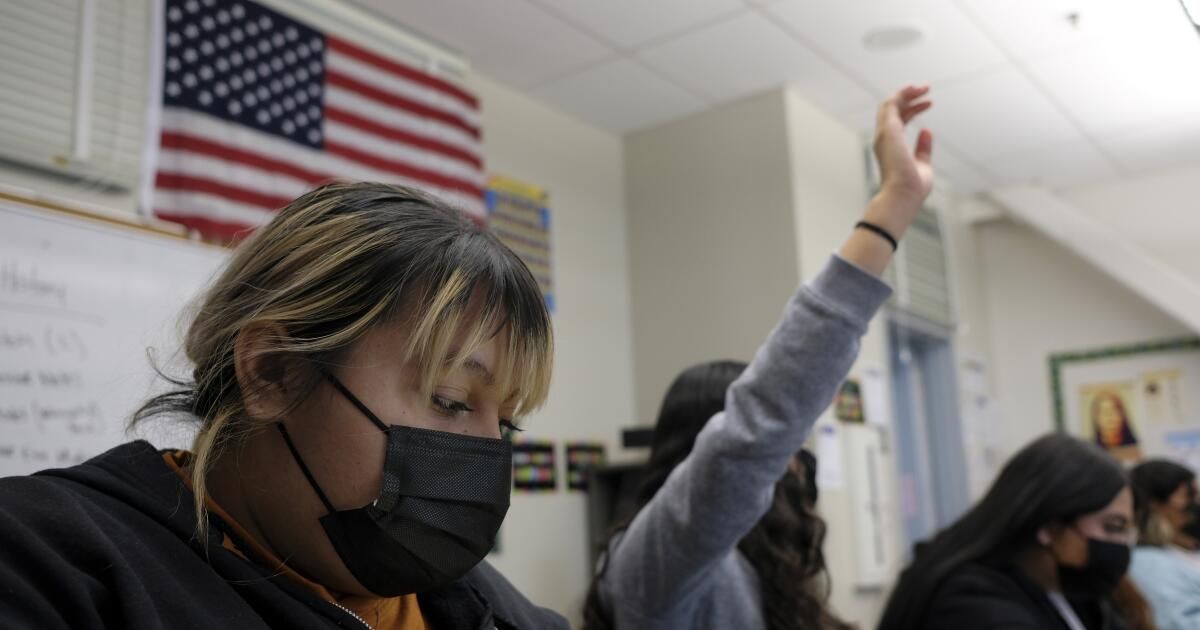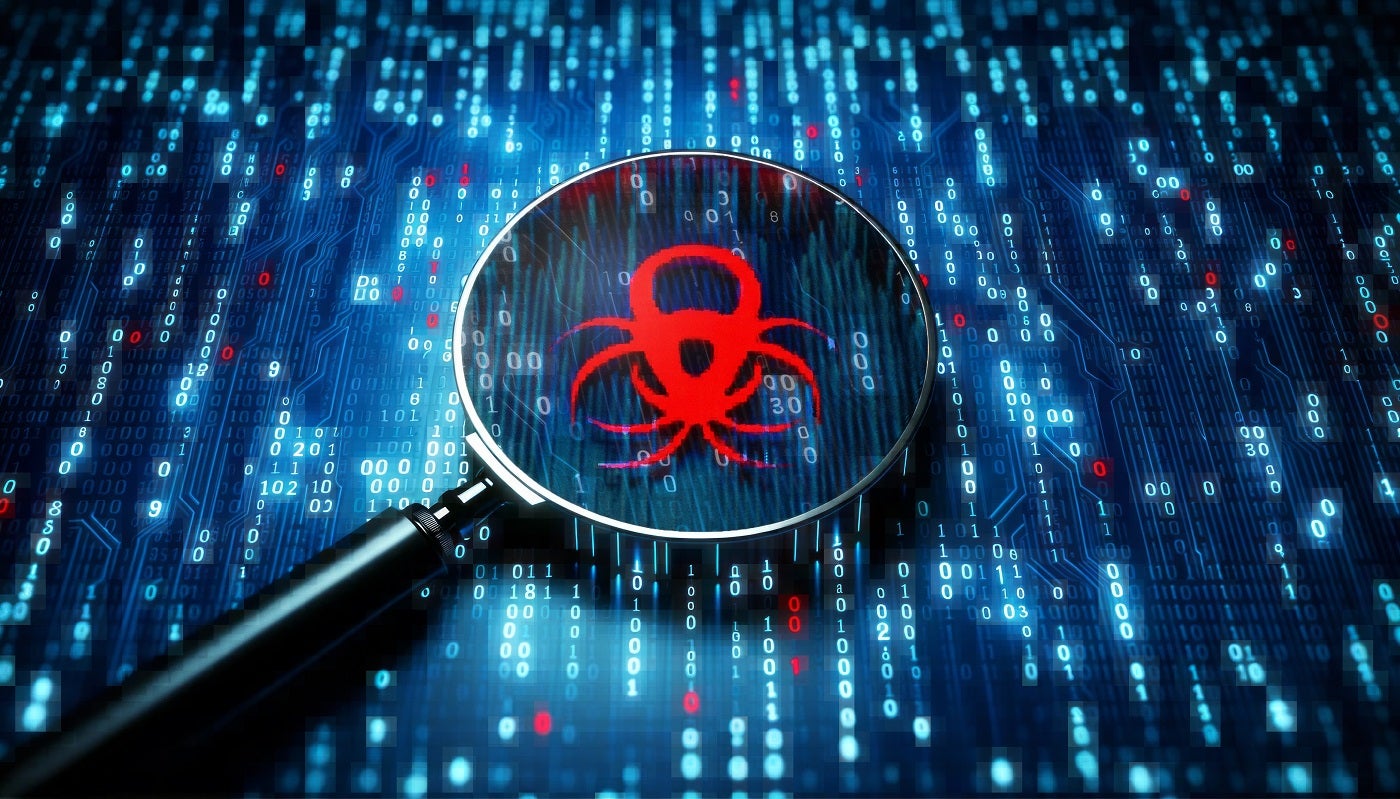To the editor: The relative paucity of time allotted to U.S. history in the school curriculum is a very serious problem right now. And the problem is only getting worse with time. (“Why History Is the Most Important Subject in School Today,” Letters, August 2)
For example, in my first year of classroom teaching, in 1965, my school district's curriculum naturally called for a thorough study of U.S. history. However, my undergraduate studies in that chosen field alerted me immediately that I could easily need an entire semester to adequately cover our history since the end of World War II in 1945.
During that short 20-year span, a number of important events occurred that greatly impact our lives today, and that's not even counting what's happened since 1965. That's why I wholeheartedly agree that schools should spend much more time studying American history.
In these polarizing times, distinguishing between fact and fiction has become more difficult for all of us. We cannot continue to allow our high school graduates to remain vulnerable to the growing fiction simply because of a lack of basic knowledge about what really did or did not happen before their time.
David M. Bouchier, Long Beach
..
To the editor: In her op-ed co-written with Benjamin Carter Hett, NYU historian Ruth Ben-Ghiat, my fellow graduate student at LAUSD, made a compelling argument that former President Trump’s statement that there is no need for future elections is in line with past dictators’ intolerance of popular sovereignty and democracy.
When we become immune to the extravagant, we subtly enable the outrageous.
To combat this, California schools need to include more history courses in our curriculum, as students no longer understand World War II and its details, implications, and meaning.
Instead of more remedial math and remedial English in our summer schools, we could create social studies electives that include civics, contemporary history, and current events, including the war in Gaza, tensions between Armenia and Azerbaijan, and much more.
These courses will re-engage our students post-COVID rather than requiring new courses.
David Tokofsky, Eagle Rock
The author is a former teacher and former member of the Los Angeles Unified School District Board of Education.












